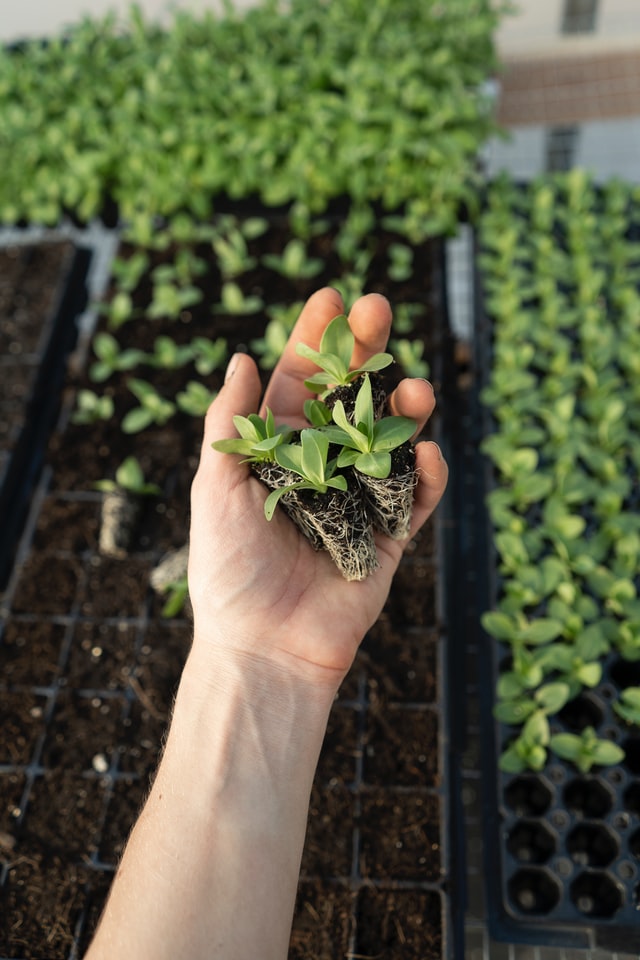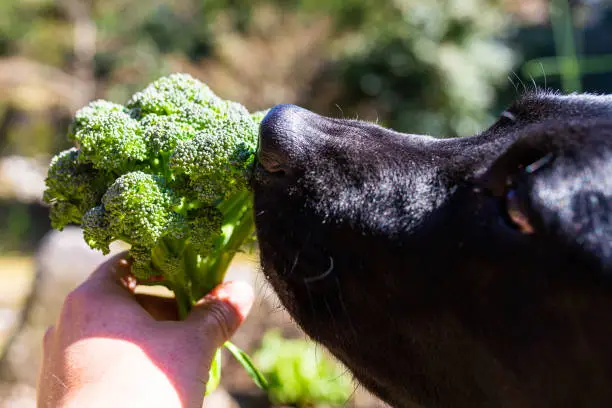The UK’s farming industry is at a turning point. Experts say that if we’re serious about sustainability, we should move away from animal farming and embrace a fully plant-based system. With livestock using vast amounts of land, consuming resources, and contributing to greenhouse gas emissions, the argument is becoming harder to ignore.
Switching to crop-based farming could mean producing more food with less waste while significantly reducing environmental impact. However, the transition isn’t simple. Farmers need financial and practical support to shift their methods, and many worry about the economic impact of moving away from traditional livestock farming.
Even if the UK doesn’t go completely animal-free, one thing is certain, farming is changing. With climate concerns growing, discussions around food production are becoming more urgent. The future of farming is being reimagined, and many are rethinking how we feed the planet.




















